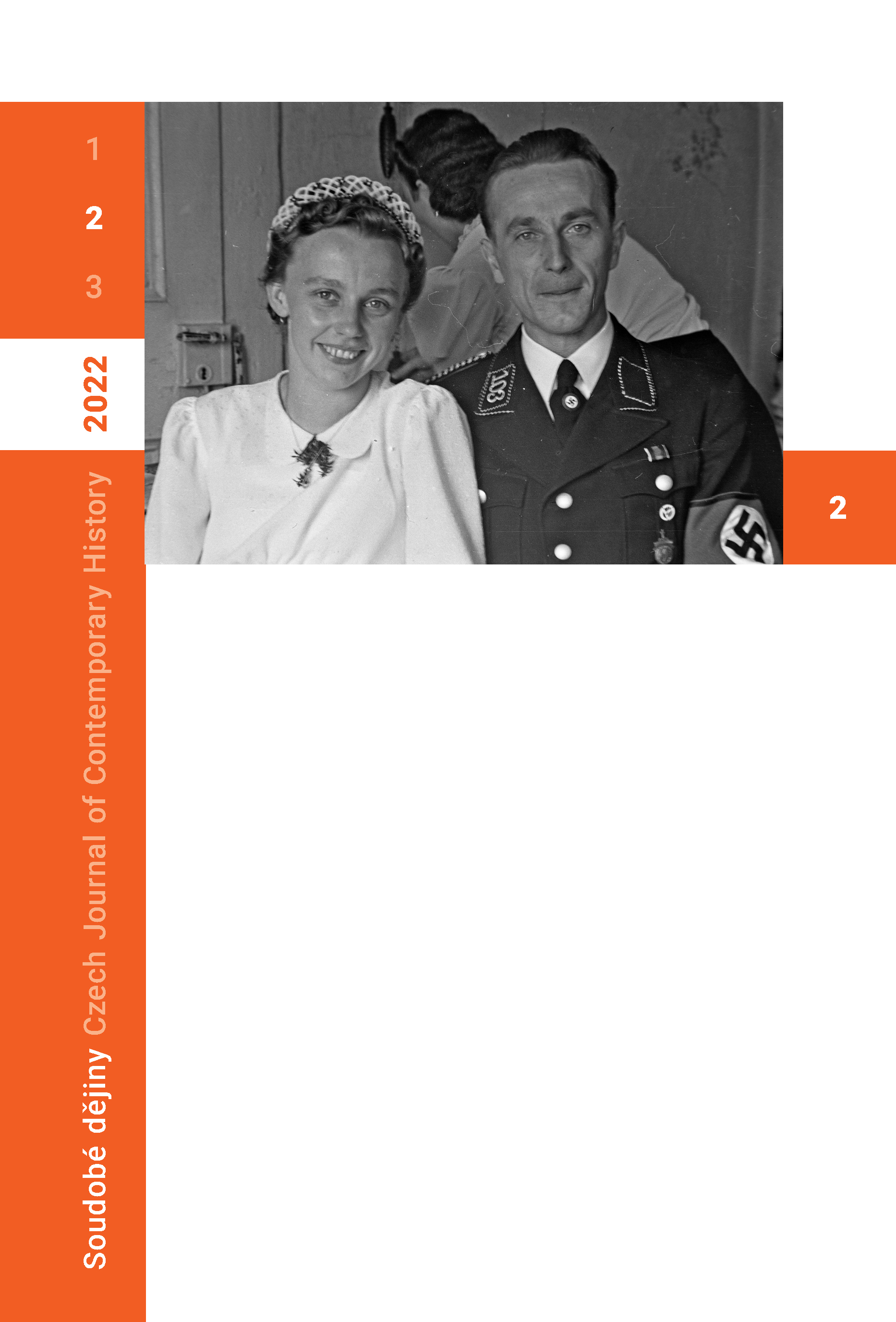Kontinuity marxistického myšlení
The Continuities of Marxist Thinking
Author(s): Vlastimil HálaSubject(s): History, Political Theory, History of ideas, Recent History (1900 till today), 19th Century Philosophy, Contemporary Philosophy, 19th Century, History of Communism, Book-Review, Philosophy of History
Published by: AV ČR - Akademie věd České republiky - Ústav pro soudobé dějiny
Keywords: Marxism;Marxist thinking;communism;Marxist revisionism;social utopias;political theories;Karl Marx;Friedrich Engels;Vladimir Lenin;Joseph Stalin
Summary/Abstract: "Marxismus a skok do království svobody: Dějiny komunistické utopie" [Marxism and the Leap to the Kingdom of Freedom: The History of Communist Utopia], a comprehensive monograph by the Polish historian of ideas Andrzej Walicki, is the Czech translation of the original Polish edition entitled "Marksizm i skok do królewstwa wolności: Dzieje komunistycznej utopii" (Warszawa, Wydawnictwo Naukowe PWN 1996) and represents, according to the reviewer, a very serious attempt at an all-embracing interpretation of the genesis of Marxist thought from its “classics” through Leninism and Stalinism to older and more recent revisionism. Walicki looks for the preconditions of the later development of Marxism already in Marx and Engels, pointing out mainly implicit connections and accentuating continuities of Marxist conceptions rather than their differences and contradictions. He sets himself against both the implacable anti-communism that belittles the transformations of Marxist thought, and the Western leftist intellectuals who deny the connection between the original Marxist ideas and the way they were implemented in communist countries. The reviewer focuses on some of the book’s central themes and puts into concrete terms Walicki’s interpretations of the key representatives of Marxist thought, especially Karl Marx, Friedrich Engels, Vladimir I. Lenin and Joseph V. Stalin. These include the rejection of the market economy, the idea of the liberation of man in his generic nature, and the deterministic-teleological conception of history, implying the inevitable development of human society. The book’s shortcomings, according to the reviewer, are its excessive focus on Poland and problems of terminology in the Czech translation.
Journal: Soudobé Dějiny
- Issue Year: XXIX/2022
- Issue No: 2
- Page Range: 590-600
- Page Count: 11
- Language: Czech

